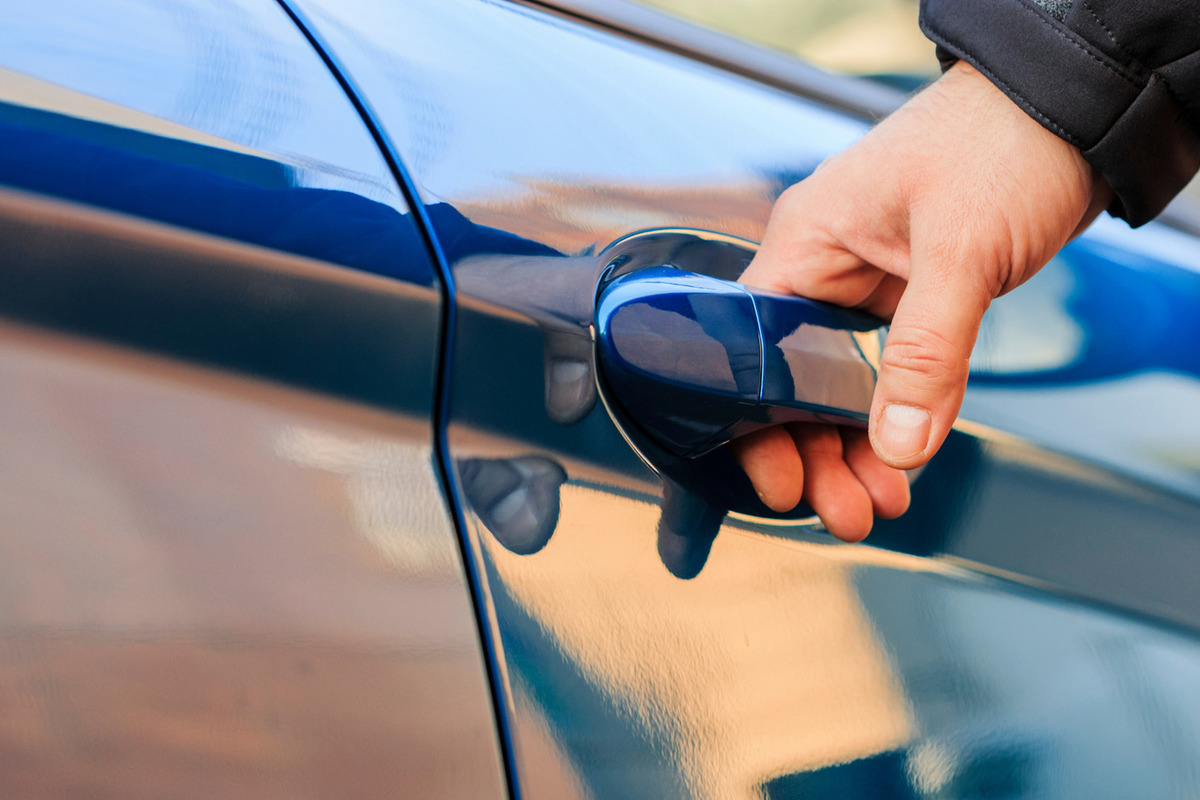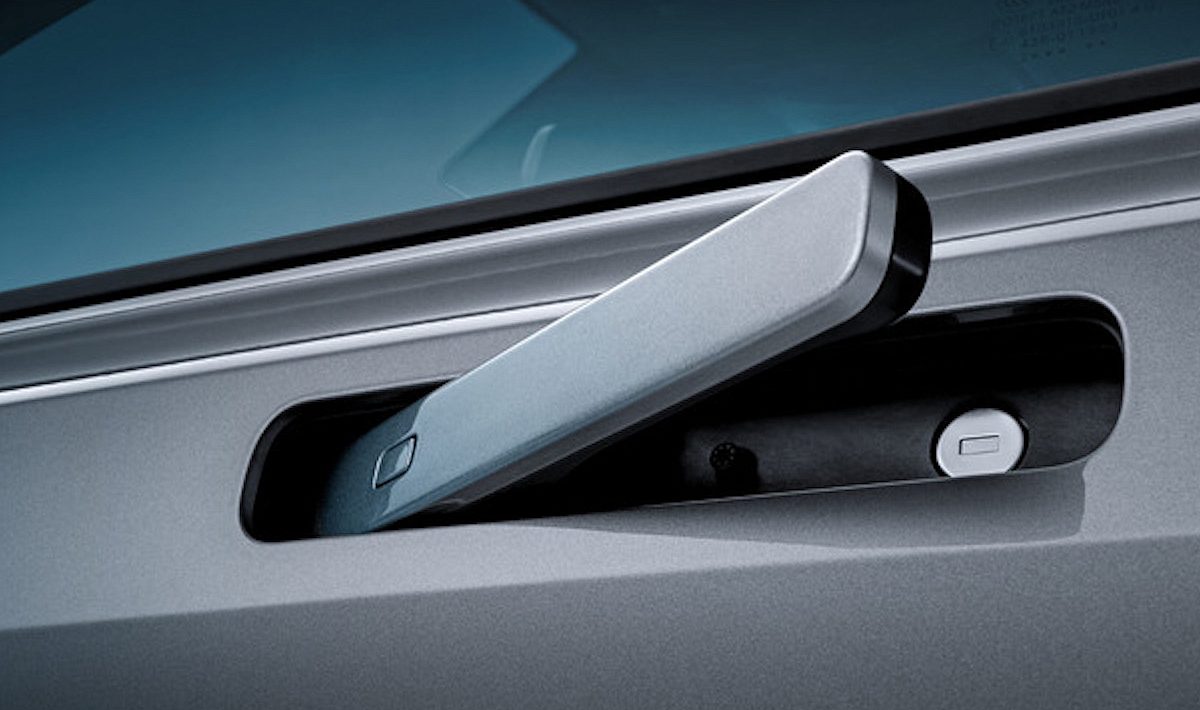Popularised by Tesla, they are often included to make the car more aerodynamic and as a design feature, but they also carry risks.
Table of Contents
It is almost always a detail that shows off how “technological” a car is, promising greater aerodynamics or simply an aesthetic decision to avoid spoiling the look of the doors, but it is also an issue that carries risks. We are referring to retractable door handles, which have been conquering part of today’s high-end vehicles for some time now. In China, they are considering banning them from 2027, and the reasons go beyond aesthetics.
The underlying problem.
Popularised by Tesla and widely adopted by premium manufacturers, retractable handles are often added because they promise better aerodynamics and a cleaner design. However, according to tests by the Chinese institute C-IASI, they only work properly in 67% of side impacts, compared to 98% for traditional mechanical handles.
The figures.
Their aerodynamic contribution is practically insignificant, according to reports by the Society of Automotive Engineers (SAE), as they only reduce the drag coefficient by between 0.005 and 0.01 points. This translates into energy savings of 0.6 kWh per 100 kilometres, equivalent to a few pence per journey. In return, they add between 7 and 8 kilos of electrical mechanisms to the vehicle and cost three times more than a conventional handle.
When technology fails.
Cases documented in China reveal the worrying problems that these elements can cause in vehicles: from occupants trapped after floods, to delays in evacuations due to frozen handles in winter, to drivers forced to break the windows of their own cars. An electrical failure, a disconnected battery or a jammed window mechanism motor can be enough to turn the car into a trap. ‘Many rear seat passengers do not know where to find or how to activate the emergency system,’ reports Bloomberg in an article focusing on Tesla’s retractable window mechanisms.
The China effect.
The Asian giant, the world’s largest market for electric vehicles, could change the rules of the game. The country is proposing regulations that would only allow conventional or semi-retractable handles with a mechanical emergency solution. Given that developing both systems is unfeasible for many manufacturers, a ban in China could mean the almost universal disappearance of this type of handle.

Beyond the handles.
Europe is also moving in this direction. From 2026, the Euro NCAP programme will not award five stars to models that integrate vital functions only through touch interfaces, without physical controls. In China, this was already a reality, requiring physical buttons for certain essential functions.
The immediate future.
Some manufacturers have taken the lead: Volkswagen and Audi already favour semi-retractable handles with mechanical backup cables. Wei Jianjun, CEO of Great Wall Motor, has also publicly denounced ‘the uselessness and dangers of retractable handles’. It is very possible that, if the Chinese regulations go ahead, we will see fewer cars with these handles in dealerships around the world.





